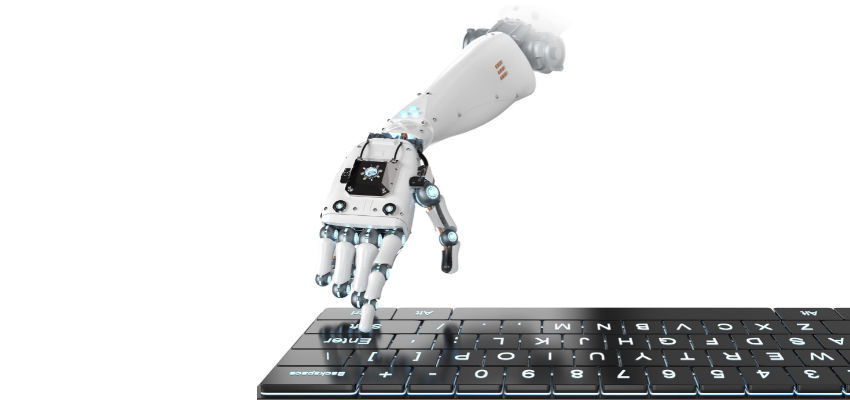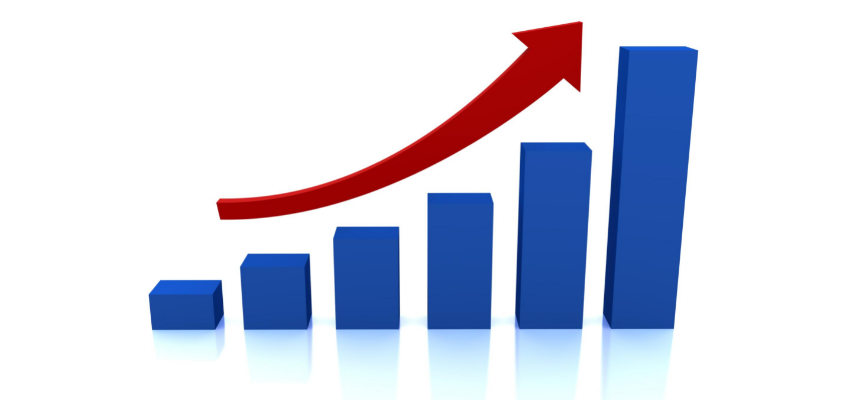Show:
5 Benefits of A POS Software To Your Retail Business
Any small company owner, whether in retail, food and beverage or service, needs a sophisticated business management solution like a POS system. And you’ve undoubtedly come across the word POS (point-of-sale) before. So, what are the advantages of a point-of-sale system? Is it even necessary for your small or medium-sized firm to have one?
A point-of-sale system may greatly ease everyday company activities and, in certain situations, even generate income, click here for more information.

If you are still skeptical, you should consider the following arguments and advantages of POS systems for small enterprises:
24/7 data access
Some POS systems are cloud-based, while others are deployed locally on a server. However, the POS system implemented on-site is vulnerable to a variety of threats, including data loss, inventory tracking challenges, and the possibility of mistakes, among others. Alice POS is a cloud-based point of sale that allows you to access your data from anywhere and with more security.
By login into your administrator account on a POS system, you may access your data from anywhere and at any time. Even if you are not at your office, you may monitor your company’s activity in real-time. Natural disasters such as floods and fires are also less likely to affect your data. This allows you to keep an eye on and manage the actions of your shop even while you’re not there.
Technical & technological support
Several point-of-sale systems provide technical and technological assistance. Some vendors provide services to help their clients maintain their POS systems working smoothly.
With some POS systems, customers may obtain assistance from a support team. However, you must be cautious while choosing a source. Many suppliers offer technical support, while others just offer limited help. A wide range of questions can be answered by customer support representatives. These might include, for example, questions regarding how the product works, technological concerns, and basic software questions.
Centralized operations and analytics
A POS system combines data from several sources to provide all of your company’s information in one location. Consumers in the United States buy from storefronts, online retailers, Amazon, eBay, Instagram, Snapchat, and Facebook, to mention a few. Even conventional brick-and-mortar businesses are embracing these methods. Single-channel commerce is a thing of the past.
Emerging sales channels are an exciting opportunity to expand your retail business, but they also bring new logistical issues with them. A point-of-sale system can help with these issues. The greatest POS systems act as command centers for your retail or restaurant business, allowing you to link your sales data to a variety of other software applications.
Some tools may be enhanced tools from integrated third-party applications, such as sales, employee clock punches, and incoming vendor orders, or they may be built-in POS modules like sales, employee clock punches, and incoming vendor orders. Many high-performing POS systems can transmit all of this data to a mobile reporting app that you may view from any smartphone.

Secured Information
The protection of a company’s data is critical. Only authorized people inside the firm should have access to your data. Your information is safer with a POS system since it is shielded against unauthorized access. With all of this talk about expanding income, sales, and operational capacity, you’ll want to be sure your (and your customers’) data is safe.
The majority of systems allow for two-factor authentication. This reduces the likelihood of dangerous individuals entering your system. Additionally, the administrator has the ability to swiftly give or deny access to users. Use a cloud-based point of sale if you want your data to be backed up and safeguarded at all times.
Cyber-attacks are becoming more common as technology and data management improve. Payment data and ordering streams are secured by reputable POS brands, safeguarding your consumers from fraud and your organization from liability or data breaches.
Automates tasks
Automation is a fantastic approach to improve the efficiency and accuracy of your organization. You can automate operations like personnel scheduling and inventory management if you pick the correct POS. You may set up your system to notify you when there is a shortage of supplies or when employees are approaching overtime. This eliminates part of the tedious job of keeping track of stock levels and helps to avoid costly issues like stockouts and extra dead stock.
Automating your inventory—setting low-stock alarms, producing automatic buy orders—and using online ordering channels can help you save even more money. Advanced features like as predictive analytics and vendor management will be available on some POS systems.
Conclusion
At the end of the day, point-of-sale systems allow small, independent stores and restaurants to function as efficiently as much bigger corporations. The benefits of a point-of-sale system might be far more than you would think. Choose the proper point-of-sale system and watch your production skyrocket!

 Return to Previous Page
Return to Previous Page








